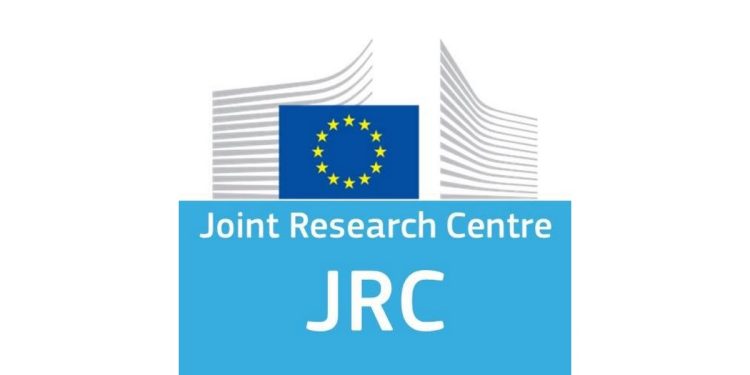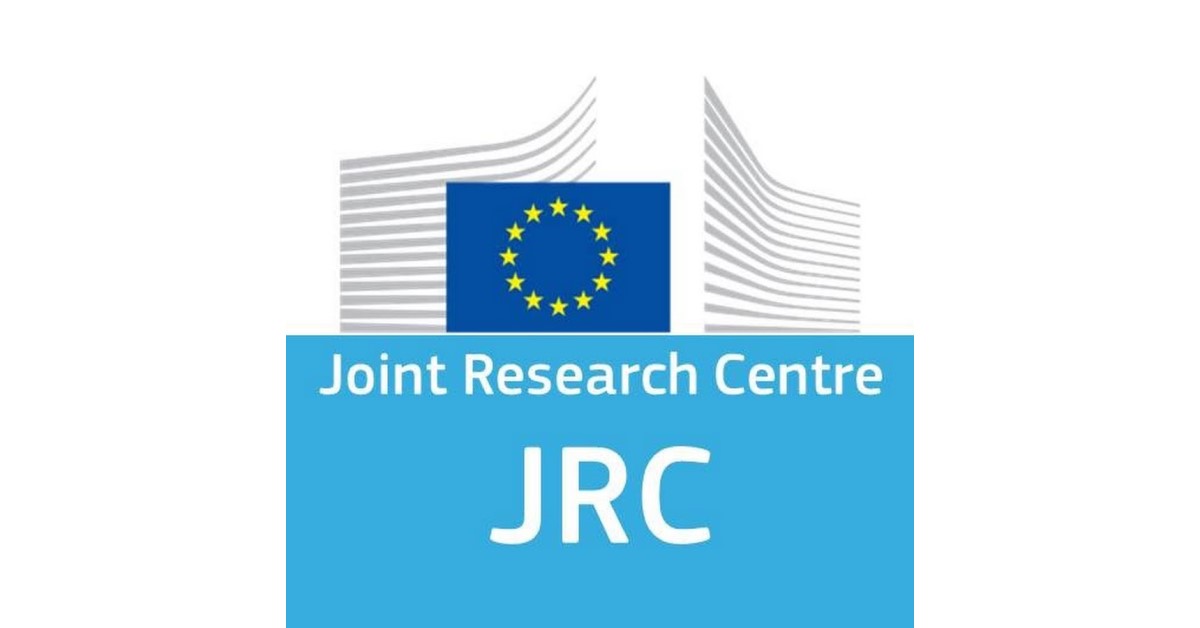Today, the European Commission’s Joint Research Centre, in collaboration with EC’s Directorate General for Regional and Urban Policy and Eurostat, with the support of the European Parliament and the European Committee of Regions launched the pilot project “Monitoring the SDGs in the EU regions – Filling the data gaps – REGIONS2030″, proposed by MEP Petros Kokkalis in 2021, and approved by the European Commission in 2022.
The pilot project, involving ten regions, has two main objectives:
- Engaging EU regions in the monitoring process of the Sustainable Development Goals (SDGs) – to provide a framework for regional authorities to monitor the SDGs in their territory, and to support and enhance regional statistical capacities in the collection of data, the monitoring, and the evaluation process.
- Increase local ownership of the SDGs and openness and transparency in achieved results – to provide tailored training to regional authorities for the proper collection and analysis of data, to ensure their quality, and make all the data available to the public.
The project will conclude in December 2023, with four expected results:
- To have defined and tested a harmonised set of indicators for EU regions to monitor the achievement of the Sustainable Development Goals (SDGs)
- To have increased the knowledge and capacities of EU regions on monitoring and reporting of the SDGs
- To have engaged EU regions in a participative process of localising the SDGs
- To have improved the regional data and knowledge base in support of the EU’s regional and urban policy
Background
The Sustainable Development Goals (SDGs) lie at the heart of the European Commission’s policymaking. An inclusive, localised approach is essential to translate the SDGs into effective place-based actions and tailored assessment strategies and reduce social, economic and territorial disparities within the Union, a core objective of cohesion policy.
Localising the SDGs involves the definition, implementation and monitoring of strategies at the local level, which is essential to achieve the 2030 Agenda for Sustainable Development. Currently there is monitoring project ran by the JRC – URBAN2030 project – that focuses on this local monitoring of the SDGs. This new pilot project funded by the European Parliament tackles the regional dimension of SDG monitoring and builds on the experience gained with cities and local governments.
In the latest report on the implementation of the 2030 Agenda for Sustainable Development, the European Parliament urged the Commission to engage with countries and regions to work on defining a set of indicators for regions. It is the very first pan-European project involving regions in the common effort to design a monitoring system for the SDGs at their territorial level. The outcomes will serve as a reference guide for the pilot participants and, eventually, for regions across the EU. Ultimately, the aim of the project is to inspire other regions to engage actively in the localisation of the 2030 Agenda, and to promote a culture of transparent, data-informed decisions and policymaking.
The Joint Research Centre plays a fundamental role in facilitating the work of the regions by providing training to the regions on collecting timely, granular, comparable data, also building on its existing expertise in the localisation of the SDGs.
O artigo foi publicado originalmente em JRC.

















































